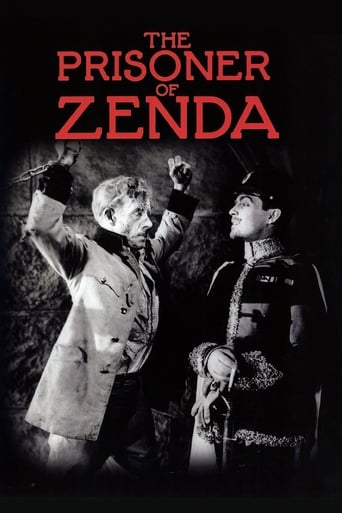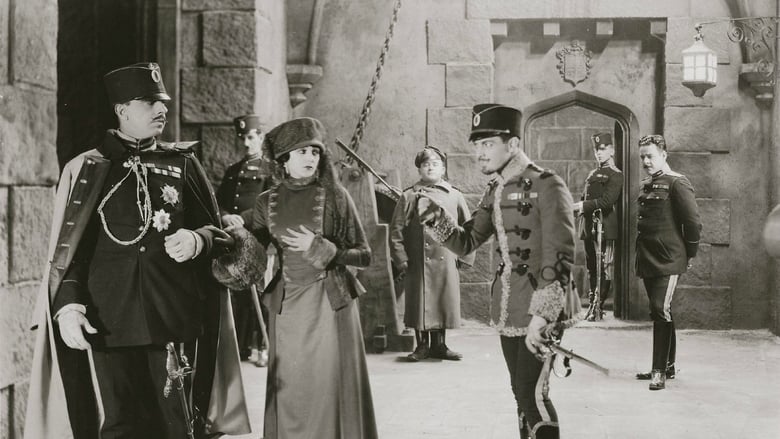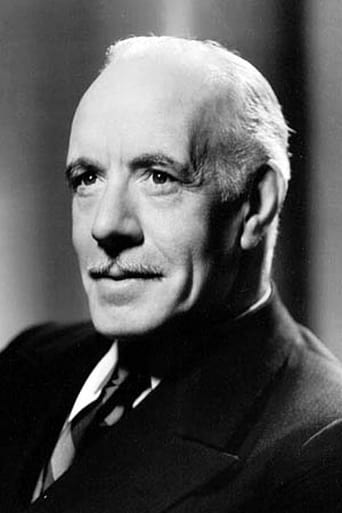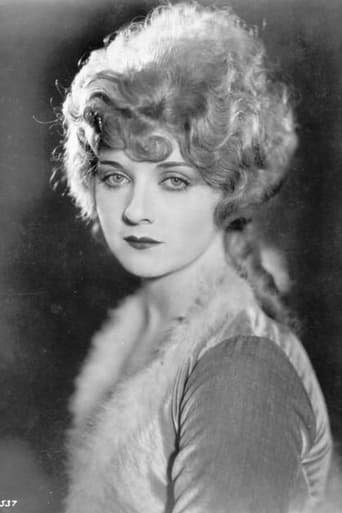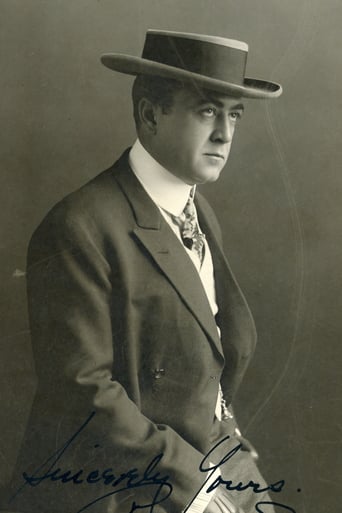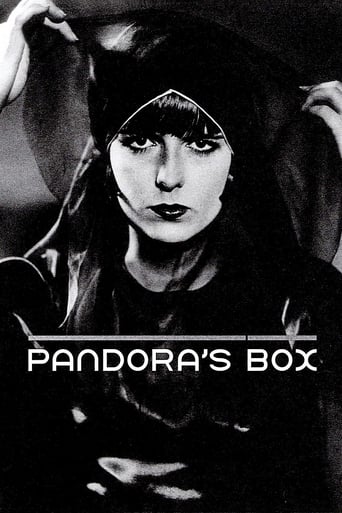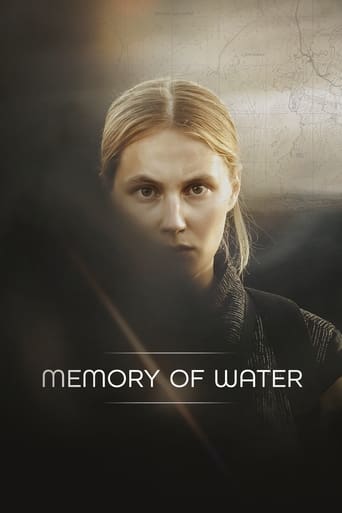The Prisoner of Zenda (1922)
A kingdom's ascending heir, marked for assassination, switches identities with a lookalike, who takes his place at the coronation. When the real king is kidnapped, his followers try to find him, while the stand-in falls in love with the king's intended bride, the beautiful Princess Flavia.
Watch Trailer
Cast
Similar titles
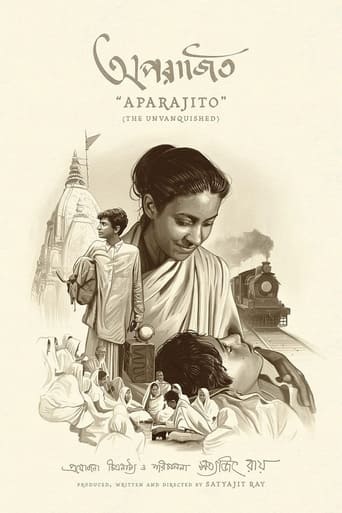

Reviews
Very very predictable, including the post credit scene !!!
Sorry, this movie sucks
An Exercise In Nonsense
An old-fashioned movie made with new-fashioned finesse.
(Flash Review)This story was so intriguing that there were 4 or 5 remakes and/or adaptations based on this 1922 original. There is a prince who will be coronated king the following day. Some other royals hatch a plan to kidnap him, thus allowing one of them to be crowned king. Once the king goes missing, some of his allies spot a lookalike and decide to have him pose in place of the future king. He has to convince the future king's lovely lady as well as his friends that he is the real guy. The story sets up for some fun obstacles and to see how things play out. The film does a good job of organizing several characters, has some nice castle shots yet the pacing could have shifted up a couple gears.
Monday August 14, 7:00:pm, The Paramount Theater"While you're unhung, Hentzau, hell lacks its master!" On the eve of his coronation, Rudolph Elphberg of Ruritania is poisoned by his jealous half-brother, Duke Michael of Strelsau. A distant English cousin, and the King's spitting-image, takes his place to save the throne. Anthony Hope's 1893 tale of romance and swordplay, The Prisoner of Zenda has seen no less than eight adaptations produced for the big screen, including three silent films, an animated Australian version and a television mini-series. The best known of the bunch today is the 1937 David O. Selznick production starring Ronald Coleman, Madeleine Carroll, David Niven and Mary Astor. Without a doubt, the 1922 Metro Pictures production, directed by Rex Ingram, is superior in its cinematic style, acting and production values. Ingram's film stars the exceptionally beautiful Alice Terry as Princess Flavia, and a wonderful newcomer, Ramon Novarro as Rupert of Hentzau. Lewis Stone stars as the irresponsible, drunken and character deficient King Rudolf, and his dignified, stalwart cousin Rudolf Rassendyll. Stone is best remembered as the wise old father of a well-known freckle-faced teenager with the voice of a strangled duck, whose character (Andy Hardy) grew up on screen in the thirties and forties. Ingram achieved significant success for himself and Metro the year before with The Four Horseman of the Apocalypse (1921), starring Terry and Rudolph Valentino. While filming their next production, The Conquering Power (1921), Valentino became willful and refused direction, at one point storming off the set. No doubt, his new found fame had gone to his head. His charming young replacement was Ramon Samaniegos, who changed his name to Novarro after Zenda's release. As Hentzau, Norarro is quick, clever and a thoroughly likable anti-hero. One of four officers loyal to "Black" Michael (Stuart Holmes), Hentzau is a mischievous young fellow, more playboy and prankster than serious villain, who spends much of his time chasing after Michael's mistress Antoinette (Barbara LaMarr). Ingram introduces Hentzau, as he stands up from the piano, flips his monocle in the air, and into his eye. Novarro virtually steals several scenes, even breaking character once as mugs directly at the camera! Ingram was able to draw great performances from his actors. As Rassendyl arrives at the coronation, he passes a dumbstruck Michael and pauses long enough to deliver a subtle expression of smug satisfaction with a raised eyebrow. Terry's performance as the future queen is graceful and dignified, a perfect match to Rassendyll, and their final scene is both lovely and heartbreaking. The cast is rounded out nicely with two well-known character actors. Snitz Edwards plays the King's butler and John George who worked with Lon Chaney, John Barrymore and nearly everyone else in Hollywood plays a decidedly darker than average role.Adding substantial integrity to the production, Ingram used Belgian Fencing Champion and USC coach Henry Uyttenhove as a trainer and consultant for the spectacular sword fight at the end of the picture. Uyttenhove also worked on several Douglas Fairbanks films, including Robin Hood (1922), and again with Ingram on Scaramouche (1923). "God does not always make the right men kings. You are the finest Elphberg of them all!"
As a Ruritanian completist, I made it my mission to seek out this film on tape, and had to find it in the US. It was well worth the effort! There are some spoilers in my comments, but I find it hard to believe there can be anyone around who hasn't already seen at least one version of Hope's classic adventure story or read the books. My main points are comparisons between this version and the better-known talkies.The first half of this film is more effective than the 1937-1952 versions in opening out the action: it was scripted for cinema rather than being an adaptation of an 1890s stage version. So we start off with Rassendyll at home in England with his brother and sister-in-law, and are introduced to the plotters before we see him arrive in Ruritania - building the suspense. There are more exterior shots and landscapes - perhaps filched from travelogues of Central Europe. The Cathedral is Gothic, as described in the book, but, most strangely, the signs at the railway station are in Cyrillic script: given Ruritania's location and culture, Fraktur (German Black Letter) would have been more appropriate. But at least, unlike the talkies, the country has not been transplanted to the route of the Orient Express! The costumes are striking: late 19C interpreted with an early 1920s sensibility. They are therefore not historically accurate, but their slightly off-key style heightens the sense that the story is taking place in an imaginary realm, an alternative universe version of late 19C Europe. Some of the plot is changed in the second half. Unfortunately, we lose the fight in the summerhouse, and there is an utterly bizarre, positively Petrine plot involving a *dwarf would-be assassin*. The circumstances of the King's rescue and Michael's fate are also altered.The leads are excellent. Lewis Stone is almost the double of Ronald Colman, but (correctly) lighter-haired. Novarro is a sinister Rupert - more malevolent than Douglas Fairbanks jr. The Rassendyll/Flavia romantic scenes - especially their parting - are played less soppily than in some of the later versions. Some supporting characters omitted in other versions make their appearance: Helga, and old Marshal Strackenz. Sapt and Fritz look exactly as one imagines from the book - Sapt short and burly, more like Bismarck than the patrician C. Aubrey Smith. But the Six are reduced to Four (no von Lauengram or Krafstein). The casting of Johann (here abbreviated to Hans) as comedy relief seemed unnecessary and distracting. And I'm afraid to say that Michael's allegedly dangerous 'Black Cuirassiers' looked about as threatening as the doddery troops from 'Dad's Army'...I was glad to see some telling details from the book retained, such as the 'All is well' telegram, Michael dropping his helmet in the cathedral when he sees Rassendyll, & c. But as usual, Michael and Antoinette are played as older man/younger woman, instead of vice versa, and Stuart Holmes, as Michael, is on the plain and chunky side. (I still cannot imagine that he played Alec - the "handsome, horsey young buck" - in 'Tess of the d'Urbervilles'...). However, Holmes turns in a creditable performance, more sympathetic than the character has been portrayed in the later versions. He is not a 2-D villain: his shift from specifying that the coup should be bloodless to plotting murder suggests an initially well-intentioned man sinking deeper into conspiracy as Rassendyll's involvement makes his plans unravel out of control. We see and hear, too, that he has supporters: although we do not see the public demonstration, there is a conversation between men in the Cathedral (I could not help but smile at the Michael-supporter being a Karl Liebknecht-lookalike!), and the narration tells us that the city is divided. There was little sense in the later versions that he was the more popular of the brothers.The tragic Barbara LaMarr is hauntingly exquisite as Antoinette, although much too young. As in all the film versions (and, indeed, the books) she is a far more interesting female lead than the sweet Princess Flavia (Alice Terry). The Antoinette/Michael relationship is established more convincingly, early in the film, than in the later versions. Her betrayal of him is played rather differently, as is his death. In this version, Rassendyll gets the three-cornered fight he had feared, versus Michael *and* Rupert! At least Jacob's Ladder is depicted correctly as a large drainpipe over the moat. But I still wish a version would be made which gave Antoinette her great tragic scene, pursuing Rupert like an avenging angel...However, the ending is closer to the book than that of the talkie versions, which wrongly (and quite unbelievably) implied that Rudolf V was going to become a reformed character: perhaps a result of the Hays Code's view of authority? I hope this version will get the DVD release it clearly deserves: it is a silent swashbuckling gem!
Rudolf V, the King of Ruritania, has been kidnapped by Black Michael, his evil half-brother, and locked in the dungeon of the fortress of Zenda on the eve of his coronation. By a wild twist of fate, it falls upon a look alike distant cousin, the Englishman Rassendyll, to impersonate the king and effect his rescue before either one or both of them are killed by Black Michael or his henchman, Rupert of Hentzau. With two beautiful women complicating matters, and danger lurking at every turn, how can THE PRISONER OF ZENDA possibly be saved?It is unfortunate that this fine silent film is completely overshadowed by its 1937 talkie remake starring Ronald Colman. It is also unfair. Silent films & talkies are two different art forms and should not be put into competition against each other. Each art form is perfect in its own way. And so it is with the 1922 PRISONER OF ZENDA. Excitingly produced, with excellent production values & good acting, this movie stands on its own merits and on its own feet.Those familiar with Lewis Stone only as a fine character actor during his talkie career at MGM may be surprised to see him here as a romantic lead, and in a swashbuckler no less. But he is very good in his dual roles of Rudolf & Rassendyll. Strangely, at times he closely resembles Colman, but this is a coincidence no one could anticipate.This was also the breakout picture for Ramon Novarro. Born to a large wealthy family in Mexico, he had arrived in California as a 15-year old looking to become a singer. That led him into dancing & finally to acting and the movies. Working incredibly hard for years, and largely supporting his family (driven North by Revolution) he finally caught the eye of director Rex Ingram. In ZENDA, the 22-year old Novarro plays rascally Rupert, who, with his little beard & moustache & face wreathed in constant cigarette smoke, looks quite sardonic. He does very well with the unsympathetic character. Playing a mid-European, Novarro begins a career which would have him acting every sort of ethnic role, from Hebrew, to Polynesian, to Chinese.The rest of the cast all lend able support: Stuart Holmes as the wicked Black Michael; Alice Terry as the beautiful Princess Flavia; Barbara La Marr as the lovely Antoinette de Mauban, desperately in love with Michael; and Robert Edeson & Malcolm McGregor as two staunchly loyal officers of the king. Little comedian Snitz Edwards has a small role as a funny butler.
